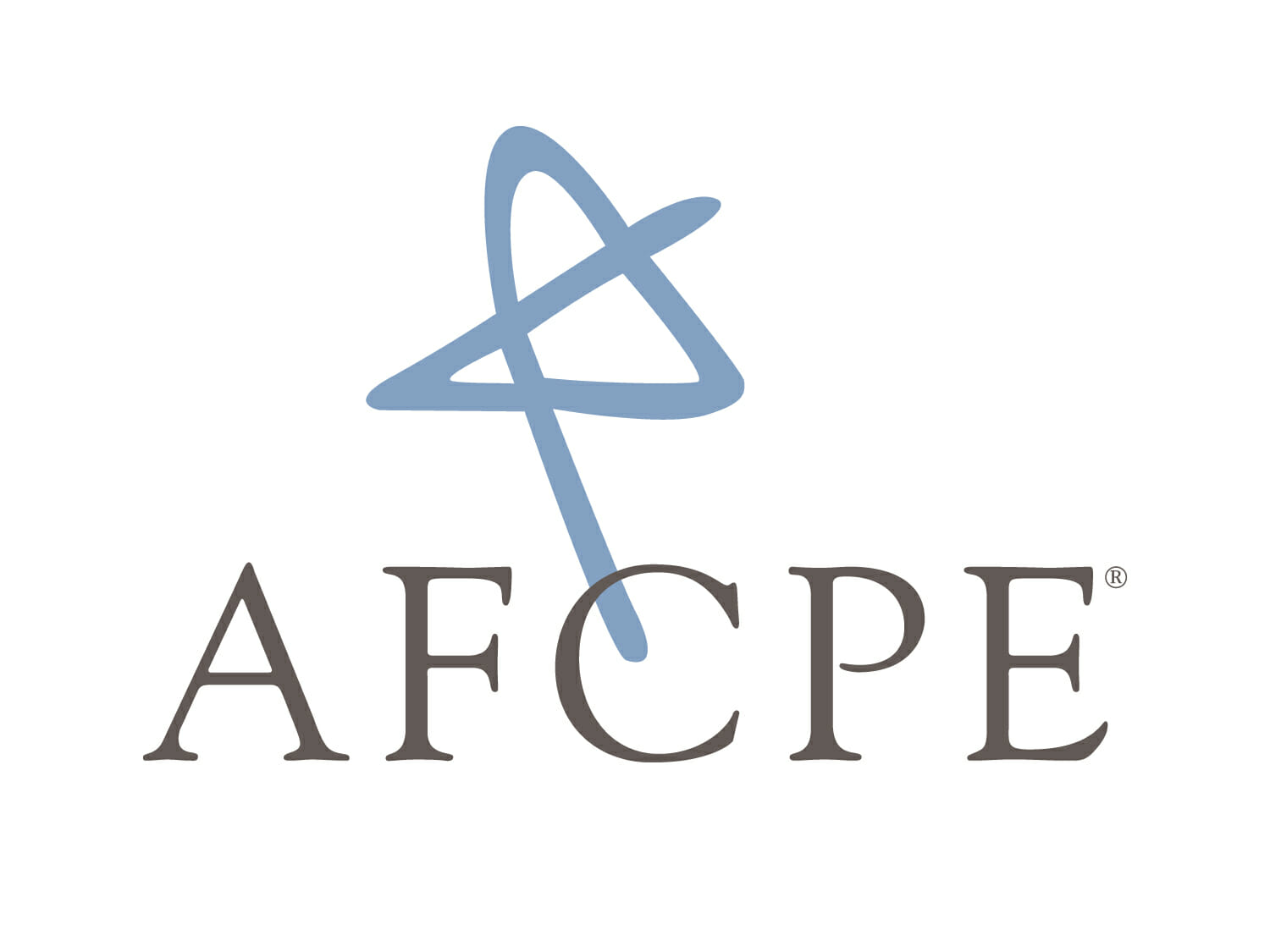Part 1: MONEY, DEBT, AND THE LAW 101
According to the Federal Reserve, credit card debt reached $884.8 billion this month, and student loan debt topped out at $1.8 trillion. The average household carries $15,609 in credit card debt, while the average student loan debt is $32,956. At the same time that people are struggling to manage their debt burden, it is quite likely that many people who could benefit from financial planning, financial counseling and financial literacy education are reluctant to seek any help because they are so focused on their debt load, living in the problem rather than seeking out a solution.
These “missing clients” present missed opportunities for the financial professionals who aim to increase consumers’ access to financial resources, and for consumers, who are being deprived of opportunities to grow their assets with the guidance of the very experts who could make a huge difference in their long-term financial stability.
Consumer debt generally refers to household, rather than business debt, and includes credit cards, medical debt, student loans (a category unto itself), auto loans, and other forms of household-credit. Consumers may fall into delinquency on the debts they owe for a variety of reasons: either as a result of a consumer’ own dereliction (i.e. slow or missed payments due to overspending or poor budgeting); as a result of the misdeeds of others(i.e. identity fraud or a vendor’s errors in recording balances and payment histories); or through uncontrollable causes, such as the loss of a job or as a result of a serious illness, which can have an equally disastrous impact on a consumer’s ability to repay her debts in a timely fashion.
Not surprisingly, the debt collection industry has become increasingly aggressive over the years as consumer debt has escalated and more and more consumers have fallen behind on their obligations.
Generally, once a consumer is far enough into arrears, creditors are going to characterize the account as in default and refer the account to collection regardless of the reason for the default. The collection process often starts off in a company’s in-house collection department since a creditor’s first choice is to recover whatever it can without having to pay an outside debt collector for their services. Eventually, the large, institutional creditors will sell off uncollectible debts for pennies on the dollar, recouping whatever they can and leaving the consumer to deal directly with whatever company purchases the debt.
An entire industry has grown up around these “third-party” debt-buyers who, in the worst case, are known for their predilection towards predatory debt collection practices as the norm. Such practices include harassing or abusive phone calls, threats of violence or illicit enforcement actions, or contact with an employer even when they know that such contact is prohibited by the employer.
Unfortunately, the debt collection industry is largely unregulated. The good news is that every level of government has begun to take steps to protect consumers from predatory debt collection practices.
As a lawyer, I occasionally volunteer in some consumer law clinics, and I have found that most consumers want to pay what they owe, but they also want to be protected against predatory debt collection practices. Many debtors, already in trouble with their finances, fear that a creditor will take the assets that they do have without giving them a chance to defend themselves. Suffice it to say, regardless of how much a consumer owes or whom he owes it to, every debtor is entitled to notice and an opportunity to be heard before a collector can start garnishing wages and freezing bank accounts.
Increasing awareness among financial professionals about the rights and responsibilities that attend the debt collection process, increases the benefits to clients and consumers. In the coming weeks I will discuss some of these most basic legal rights and responsibilities. More about notice and an opportunity to be heard next week.
Read Part 2: Can They Take My Money
Guest Contributor: Marcy Einhorn, Esq.
Marcy will host AFCPE’s FPA Connect Webinar on Thursday, June 18, 2015. Her 3 part series on Money, Debt & the Law will be posted each Thursday leading up to this event.

Leave a Reply